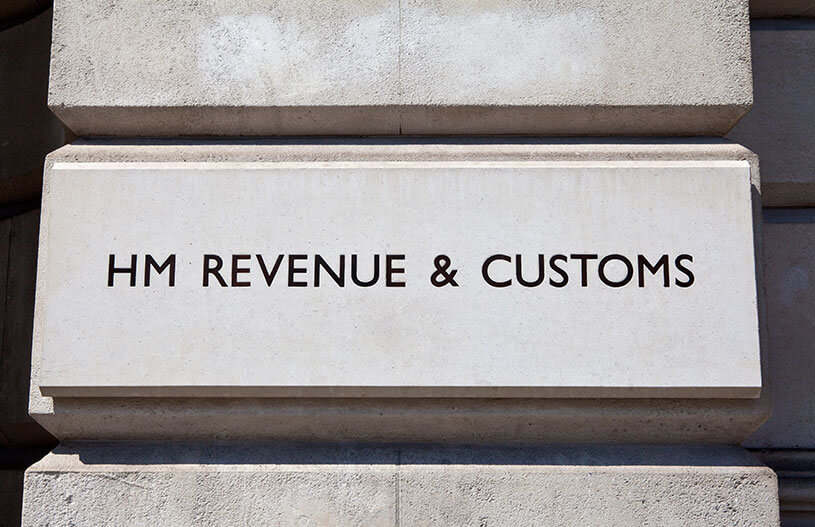HMRC can check your bank accounts without your explicit permission. While this may sound alarming, there are safeguards in place to protect your information. But if HMRC feel they have probable cause to investigate, they can check documents like your bank records directly with the third-party.
Keep reading to understand when, why, and how HMRC might look into your financial records. And what you can do to make sure you’re doing everything by the book.
In this article we’ll cover the following:
- Do HMRC check bank accounts?
- What are Financial Institution Notices?
- When would HMRC use a Financial Institution Notice?
- How to make sure you’re following regulation
- Why sole traders should separate their accounts
- Software to help keep track of your accounts
Do HMRC check bank accounts?
HMRC can get relevant information from taxpayers to check they’re paying the right amount of income tax, capital gains tax, corporation tax and VAT.
This information is sometimes held by third parties, and if HMRC wants to see it, they can issue a Financial Institution Notices (FIN) to your bank.
What are Financial Institution Notices?
Since 2021, FINs have allowed HMRC to access information from financial institutions about taxpayers. FINs allow HMRC to go directly to your bank, for example, and request information about your finances.
And they can do this without your permission. Before FINs, HMRC had to ask for permission from you or a judge to access this information but not anymore.
If HMRC believe it’s a ‘reasonable request’ as a part of their investigation, they can use a FIN to request your:
- financial statements
- loan repayments
- investment information
- account ownership information
When would HMRC use a Financial Institution Notice?
FINs are tools for tax investigations. They’re typically used if HMCR believes someone is evading tax, but they’ll sometimes be used in cases of bankruptcy and debt collection too.
There are a few different reasons why HMRC might want to investigate your financial information:
- inconsistencies in your Self Assessment – if the figures you submit to HMRC don’t match your industry, lifestyle, or previous returns they may investigate further
- whistleblower – you can be reported by if someone believes you’re evading tax
- random checks – HMRC will occasionally do random checks on taxpayers as a part of their audits
Certain industries are more likely to be investigated
How to make sure you’re following regulation
Because HMRC can randomly check your business’s financial records, it’s important to keep detailed records. Good financial habits like regular bookkeeping and having clear records of your company’s expenses will be crucial if you need to provide evidence to HMRC.
Here are a few tips to try and avoid mistakes that could lead to an HMRC investigation:
- keep detailed records – accurate records of your business’s income and expenses will help avoid any discrepancies in your tax return
- file on time – sometimes a late filing is enough for HMRC to take a look at your records
- be honest with expenses – don’t stretch the limit of allowable expenses and only claim for valid reasons
Why sole traders should separate their accounts
Because there’s no legal distinction between you and your business as a sole trader, you’ll need to pay particular attention to your tax returns.
If you end up being investigated by HMRC, your personal assets could be at risk if you haven’t kept accurate records to demonstrate your business income and expenses.
Plus if HMRC notice discrepancies in your accounting, you could be fined for not following regulations.
Software to help keep track of your accounts
Accounting software makes a lot of business functions easier. But having clear records of your business’s finances makes it easier to prove your earnings if you’re being investigated by HMRC.
It’s important to track your business’s income and expenses – this is where most discrepancies happen in tax returns.
Our guide to the best accounting software goes into detail about what software might be right for your business.
Have you had HMRC check your business’s records? Let us know in the comments below.
More small business guides
- What is Making Tax Digital?
- What is IR35?
- A guide to Self Assessment tax returns for the self-employed
- What does business insurance cover?
Ready to set up your cover?
As one of the UK’s biggest business insurance providers, we specialise in public liability insurance and protect more trades than anybody else. Why not take a look now and build a quick, tailored quote?
Photo: chrisdorney/stock.adobe.com
